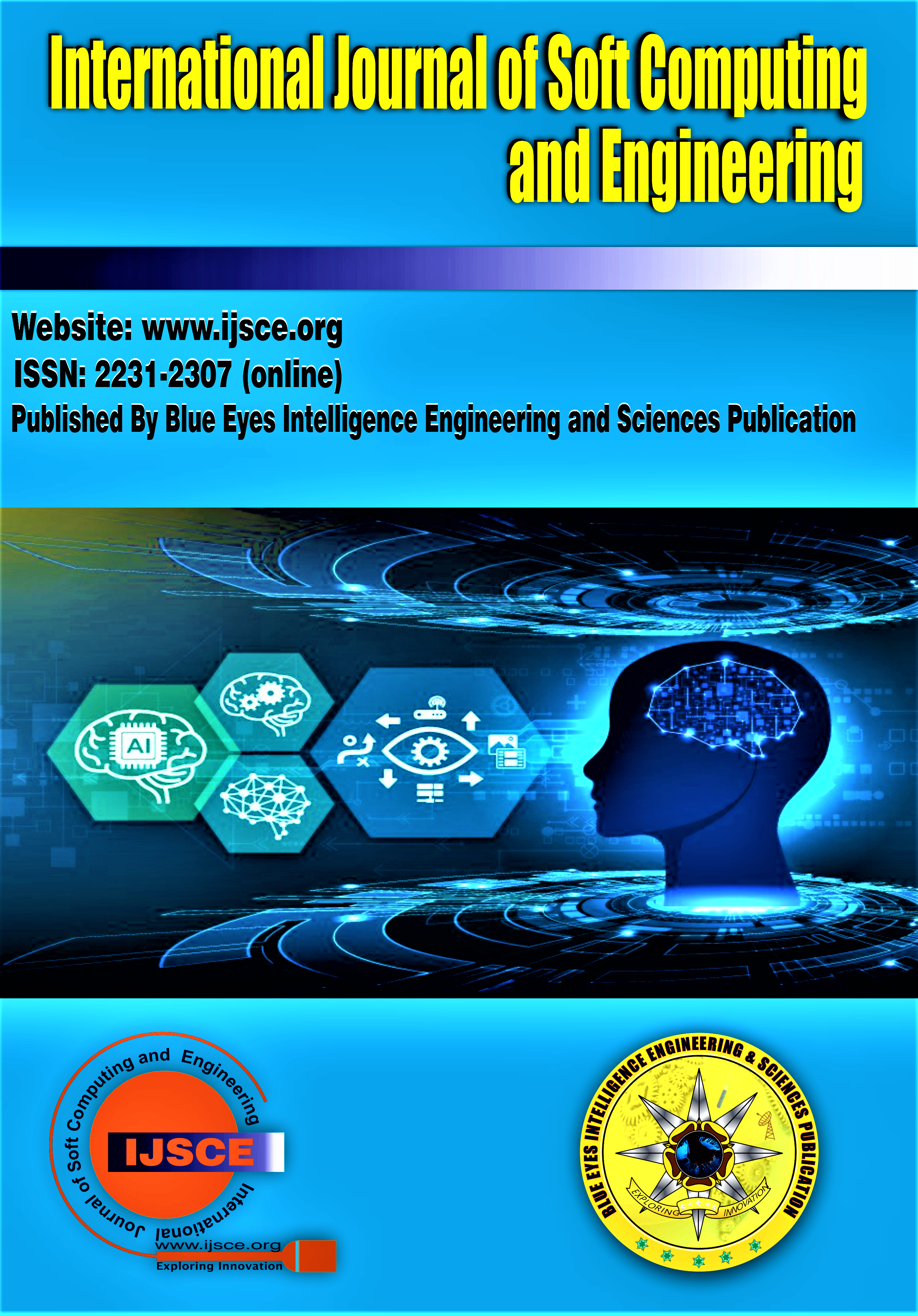The Impact of IoT on Smart Home Energy Management
Main Article Content
Abstract
The Internet of Things (IoT) has revolutionized various industries, with smart home energy management being one of the most promising applications. This paper explores the impact of IoT on smart home energy management systems (SHEMS), focusing on how IoT devices and data can optimize energy consumption. Using datasets from smart homes, this research analyzes energy usage patterns, identifies inefficiencies, and proposes solutions to enhance energy efficiency. The results demonstrate significant potential for IoT in reducing energy consumption and improving sustainability in residential settings. The advent of the Internet of Things (IoT) has significantly transformed various facets of daily life, notably in the domain of smart home energy management. This paper explores the profound impact IoT technologies have on optimizing energy consumption, enhancing efficiency, and fostering sustainability in smart homes. By integrating smart meters, connected appliances, and intelligent energy management systems, IoT enables real-time monitoring, control, and automation of energy use. This study examines the benefits of IoT-driven energy management, including reduced energy costs, improved energy efficiency, and enhanced user convenience. Additionally, it addresses the challenges related to data privacy, security, and interoperability among diverse IoT devices. Through a comprehensive review of current literature and case studies, the paper provides insights into the future prospects of IoT in revolutionizing energy management practices in smart homes, contributing to broader environmental and economic objectives.
Downloads
Article Details
Section

This work is licensed under a Creative Commons Attribution-NonCommercial-NoDerivatives 4.0 International License.
How to Cite
References
Alahakoon, D., & Yu, X. (2016). Smart electricity meter data intelligence for future energy systems: A survey. IEEE Transactions on Industrial Informatics, 12(1), 425-436. https://doi.org/10.1109/TII.2015.2414355
Gubbi, J., Buyya, R., Marusic, S., & Palaniswami, M. (2013). Internet of Things (IoT): A vision, architectural elements, and future directions. Future Generation Computer Systems, 29(7), 1645-1660. https://doi.org/10.1016/j.future.2013.01.010
Balaji, B., Nwokafor, A., & Gupta, R. (2013). Using wireless and web technologies to enhance residential energy management systems. Energy Procedia, 42, 365-373.
Alahäivälä, A., et al. (2015). Sustainable Energy Management in Smart Homes. Energy and Buildings, 108, 637-645.
Balaji, B., et al. (2013). Energy Management Using IoT in Smart Homes. IEEE Internet of Things Journal, 1(2), 150-159.
Bassi, A., et al. (2013). Interoperability in IoT: Challenges and Opportunities. IEEE Internet of Things Journal, 1(1), 53-65.
Beck, F., & Martinot, E. (2016). Renewable Energy Policies and Barriers. Renewable Energy, 24(3), 73-92.
Gungor, V. C., et al. (2010). Smart Grid Technologies: Communication Technologies and Standards. IEEE Transactions on Industrial Informatics, 7(4), 529-539. https://doi.org/10.1109/TII.2011.2166794
Kim, Y., et al. (2017). Smart Home Energy Management System Using IoT. IEEE Transactions on Consumer Electronics, 63(4), 385-392. https://doi.org/10.1109/TCE.2017.015014
Palensky, P., & Dietrich, D. (2011). Demand Side Management: Demand Response, Intelligent Energy Systems, and Smart Loads. IEEE Transactions on Industrial Informatics, 7(3), 381-388. https://doi.org/10.1109/TII.2011.2158841
Sicari, S., et al. (2015). Security and Privacy in IoT: A Survey. Computer Networks, 76, 81-97. https://doi.org/10.1016/j.comnet.2014.11.008
Siano, P. (2014). Demand Response and Smart Grids—A Survey. Renewable and Sustainable Energy Reviews, 30, 461-478. https://doi.org/10.1016/j.rser.2013.10.022
R, M. C., & Ramakrishna, M. (2019). An Assessment on Energy Efficient Protocols for MANETS. In International Journal of Engineering and Advanced Technology (Vol. 9, Issue 1, pp. 1556–1561). https://doi.org/10.35940/ijeat.a1349.109119
Reddy, S., Sandbhor, Dr. S., & Dabir, Mrs. V. (2019). Bringing Energy Efficiency for Hospital Building through the Conservative and Preventive Measures. In International Journal of Innovative Technology and Exploring Engineering (Vol. 8, Issue 12, pp. 3056–3060). https://doi.org/10.35940/ijitee.l2470.1081219
Aldabbagh, G., Alzafarani, R., & Ahmad, G. (2020). Energy Efficient IoT Home Monitoring and Automation System (EE-HMA). In International Journal of Recent Technology and Engineering (IJRTE) (Vol. 8, Issue 5, pp. 3176–3175). https://doi.org/10.35940/ijrte.d8803.018520
Singh, H. P. (2022). Scope of Solar Energy and Wind Energy in District Raebareli (Uttar Pradesh). In Indian Journal of Energy and Energy Resources (Vol. 1, Issue 3, pp. 7–8). https://doi.org/10.54105/ijeer.c1004.051322
G, M. M., & S, G. (2020). Power Minimization Architecture for Multimodal Biometric System using Cadence. In International Journal of Emerging Science and Engineering (Vol. 6, Issue 9, pp. 1–5). https://doi.org/10.35940/ijese.h2478.046920





